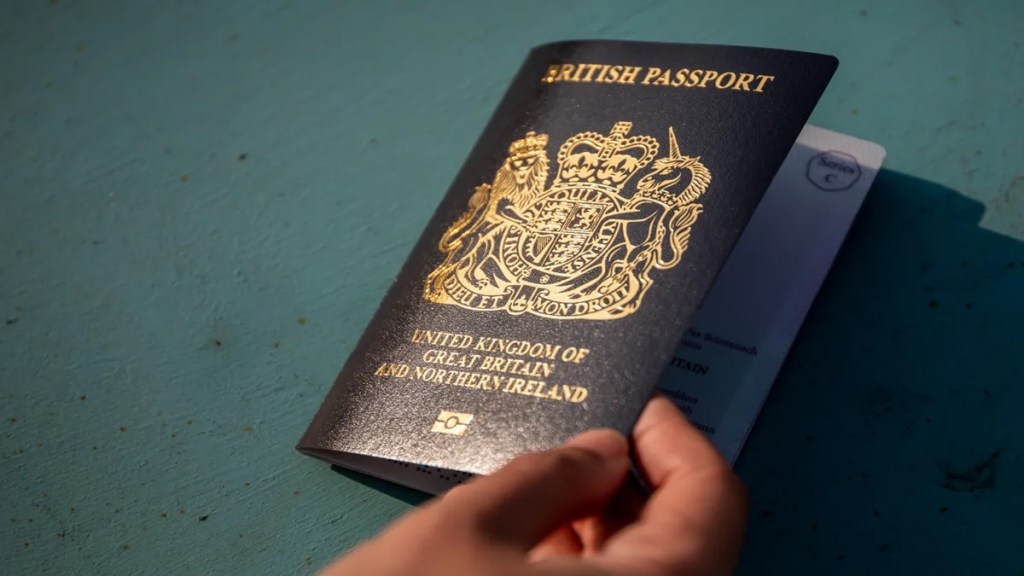Last year, the number of Americans applying for UK citizenship reached an all-time high, fueled by factors like Donald Trump’s potential return and recent UK tax policy changes. According to a report in Financial Times, more than 6,100 US nationals applied for UK citizenship in 2024, the greatest number in the recent two decades and a 26% rise over the previous year. Overall, the UK received over 251,000 citizenship applications, representing a 6% increase over 2023 and setting a new record.
According to UK Home Office data, US applications increased by 40% year over year to reach almost 1,700 in the last quarter of 2024, demonstrating the spike in applications.
Immigration lawyers suggest that Trump’s bid for a second presidential term and his victory in November played a significant role in driving this rise, alongside UK tax changes that encouraged Americans to secure British passports before exiting the country.
Elena Hinchin, a partner at law firm Farrer & Co, noted that the US political climate had become a “serious driver” for increased interest in UK residency. “We’ve seen a marked rise in interest in citizenship from the US since the election campaign began,” she said. “There’s definitely more interest compared to the previous Trump administration.”
The UK’s recent abolition of the non-domicile (non-dom) tax status also contributed to this spike, particularly among wealthy Americans in the UK. “Some high-net-worth individuals are contemplating leaving the UK because of the tax changes,” Hinchin added. “Many are applying for citizenship now to preserve their right to do so, keeping the door open for themselves and offering more flexibility for their children.”
To qualify for UK citizenship, applicants must meet several criteria, such as the length of their residence in the UK, having British parents, or being married to a UK citizen. Home Office data reveals that applications from Americans have steadily increased since late 2022, reports Financial Times.
Madeleine Sumption, director of the Migration Observatory at Oxford University, noted that while the data shows a marked rise in interest, factors driving citizenship applications are more often personal, and political considerations are not always the primary motivator. “For people moving from stable countries, politics is usually a secondary or tertiary factor, not the main reason for relocating,” she explained.
However, Ono Okeregha, director of the Immigration Advice Service, observed a sharp uptick in British citizenship searches the day after the US election in November, with continued interest through Trump’s second term. He also noted that US applications started rising a few years ago, driven by the “aftermath of the first Donald Dash,” referring to the period when Americans who moved to the UK during Trump’s first term became eligible for citizenship.
In addition to the UK, there has been a notable rise in applications for Irish citizenship, with a 46% increase in requests from North Americans with Irish ancestry last year.

